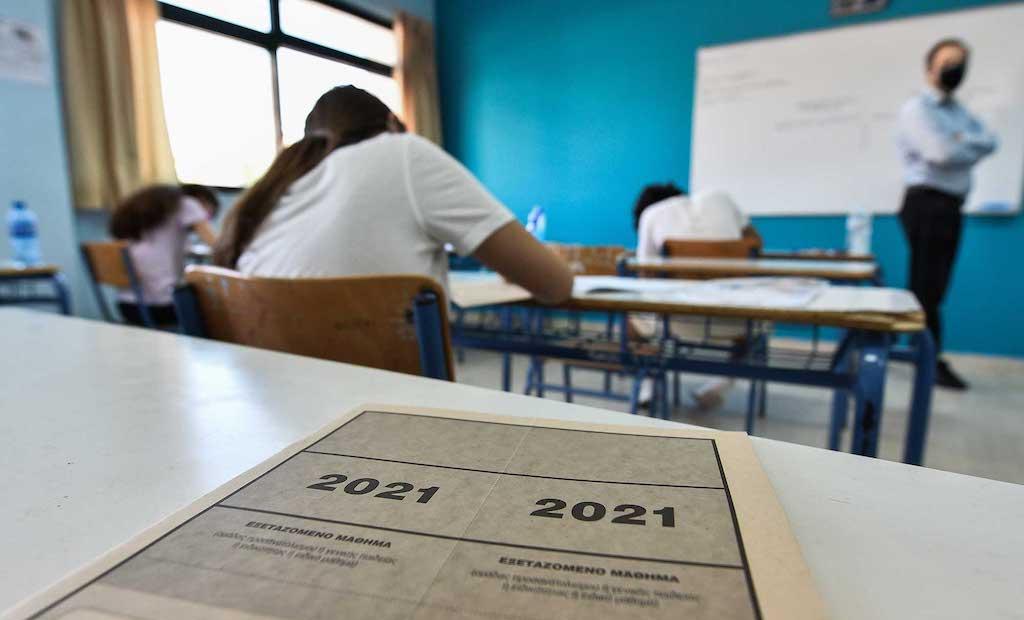According to local media reports, on June 15, Greek Education Minister Niki Kerameus filed a complaint with the Athens court, requesting that the 24-hour public sector strike held on the 16th be ruled illegal because it would hinder the national university entrance examination.

Kylameus believes that the strike on the 16th will have an impact on a series of public services, including the ministry of education employees and examination supervisors who participated in the examination, as well as the public transportation for candidates to and from the examination room. Noting that the government has a responsibility to protect more than 100,000 test takers from interference in the context of the COVID-19 pandemic, she called on all political and social groups to unite in support of this action.
The Greek Public Sector Union and seafarers' union have announced that they will hold a national strike on June 16 to oppose the Greek parliament's vote on a new labor bill that day. The strike meant that the Greek public sector stopped working on the 16th, and the ferry route was suspended throughout the day. In addition, the main trade union organizations will hold a protest rally in the center of Athens at 11 a.m. on the same day.
The Greek government's draft labor law, released on May 12, is controversial. The draft has been accused by various trade unions and opposition parties of undermining the 8-hour working day and the fundamental rights of workers. The ruling Party of Greece's New Democratic Party called the labor bill "forward-looking." The Greek parliament debated the new labor law from June 14 and is scheduled to vote on the evening of June 16. (Reporter Wang Yuguo)
(Edited by Chen Yufan)